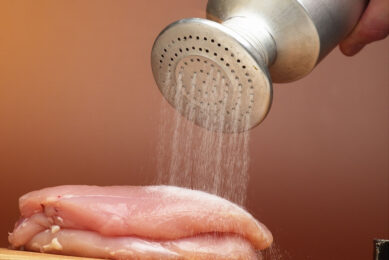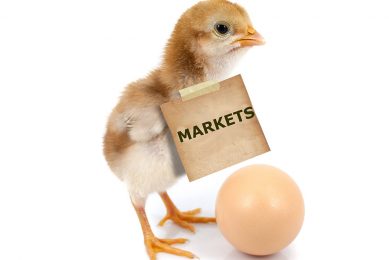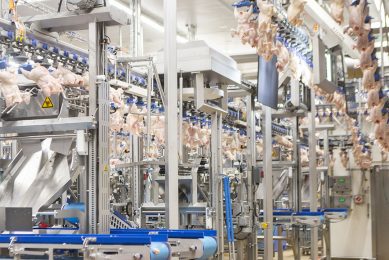Sarkozy backs French agriculture
There has always been a love/hate relationship between Europe and France’s agriculture sector. Now the nation’s president Nicholas Sarkozy stands up for his farmers.
France will extend its international actions to defend its agricultural sector in 2011, particularly on the G-20 front to fight price volatility, but also at the World Trade Organization and European Union levels to defend French exports, French president Nicolas Sarkozy said.
“French farmers have not done away with a thousand years of feudal rights to submit to commercial diktats,” Sarkozy said during a new year address to farmers at Truchtersheim, a village in the north east of the country.
Volatility is killing
The volatility of agricultural commodity prices is devastating for farmers, Sarkozy said, pointing out the impact of soaring cattle feed prices on farmers.
Sarkozy said the French G-20 presidency will concentrate on fighting price volatility and that he would promote the regulation of commodity markets. “The number of transactions on derivative markets has more than doubled since August. This is a worrying sign.”
Corn stocks have never been so low since 1974 and a global shortage is looming which in turn sparks speculation. “It is mandatory to improve transparency on agricultural commodities’ stocks,” he said.
Manage food crisis
Sarkozy also said that coordination of agricultural policies must be improved to prevent and manage food crisis, and to avoid unilateral suspensions of exports without prior consultation, especially with developing countries.
Sarkozy said French agricultural exports are crucial for the French economy and that he would refuse to sacrifice French agriculture in Common Agricultural Policy, WTO or Mercosur negotiations.
Defend Europe
“The European union must defend a European preference, based on its sanitary and environmental norms,” Sarkozy said, referring to the defense of European products versus foreign imports, one of his favorite themes.
Sarkozy would defend a strong budget for the European multi-billion Common agricultural policy after 2013, at least equal to the present one. Market intervention and price support tools should be maintained by the European Union, he said.













